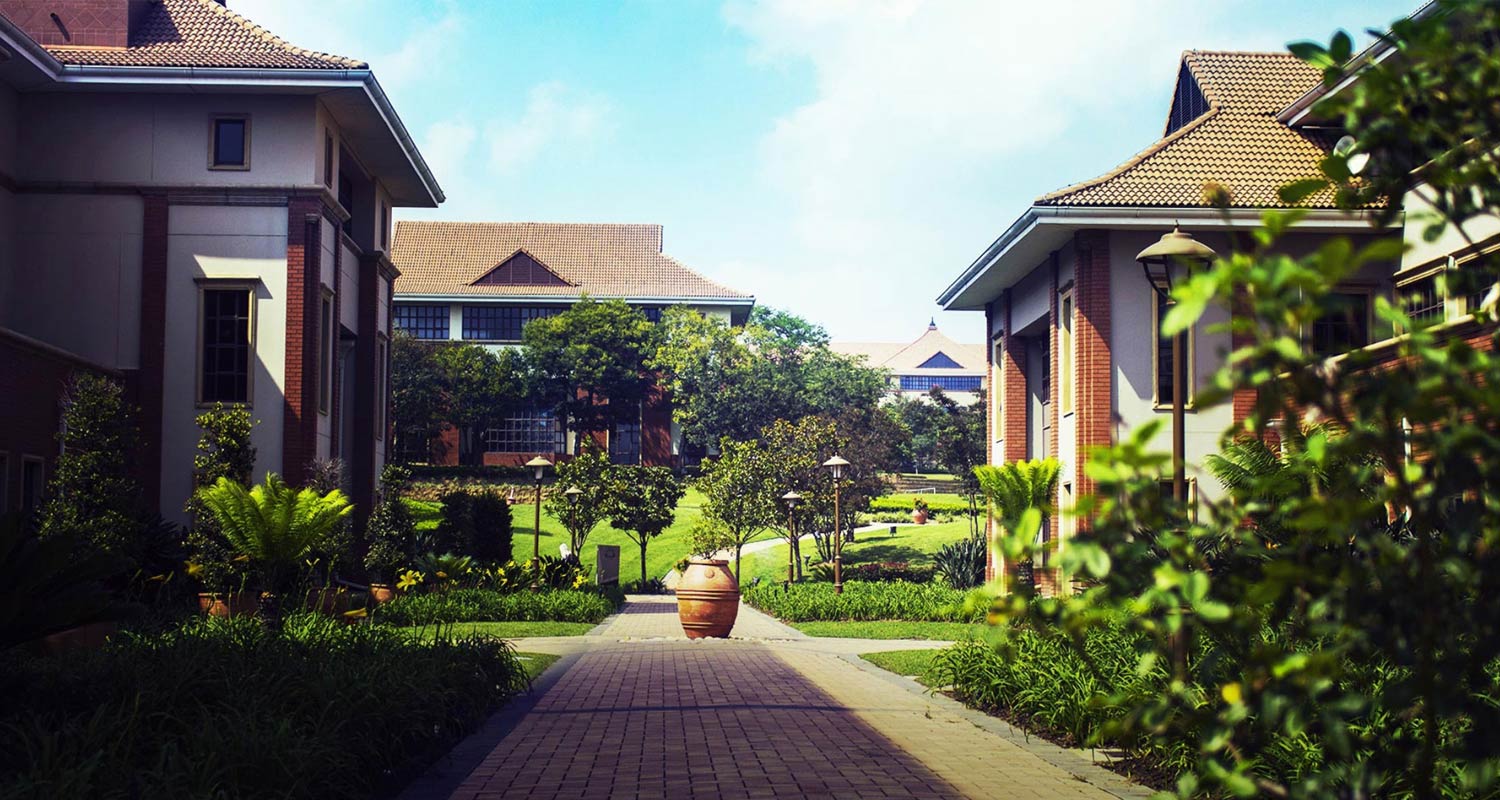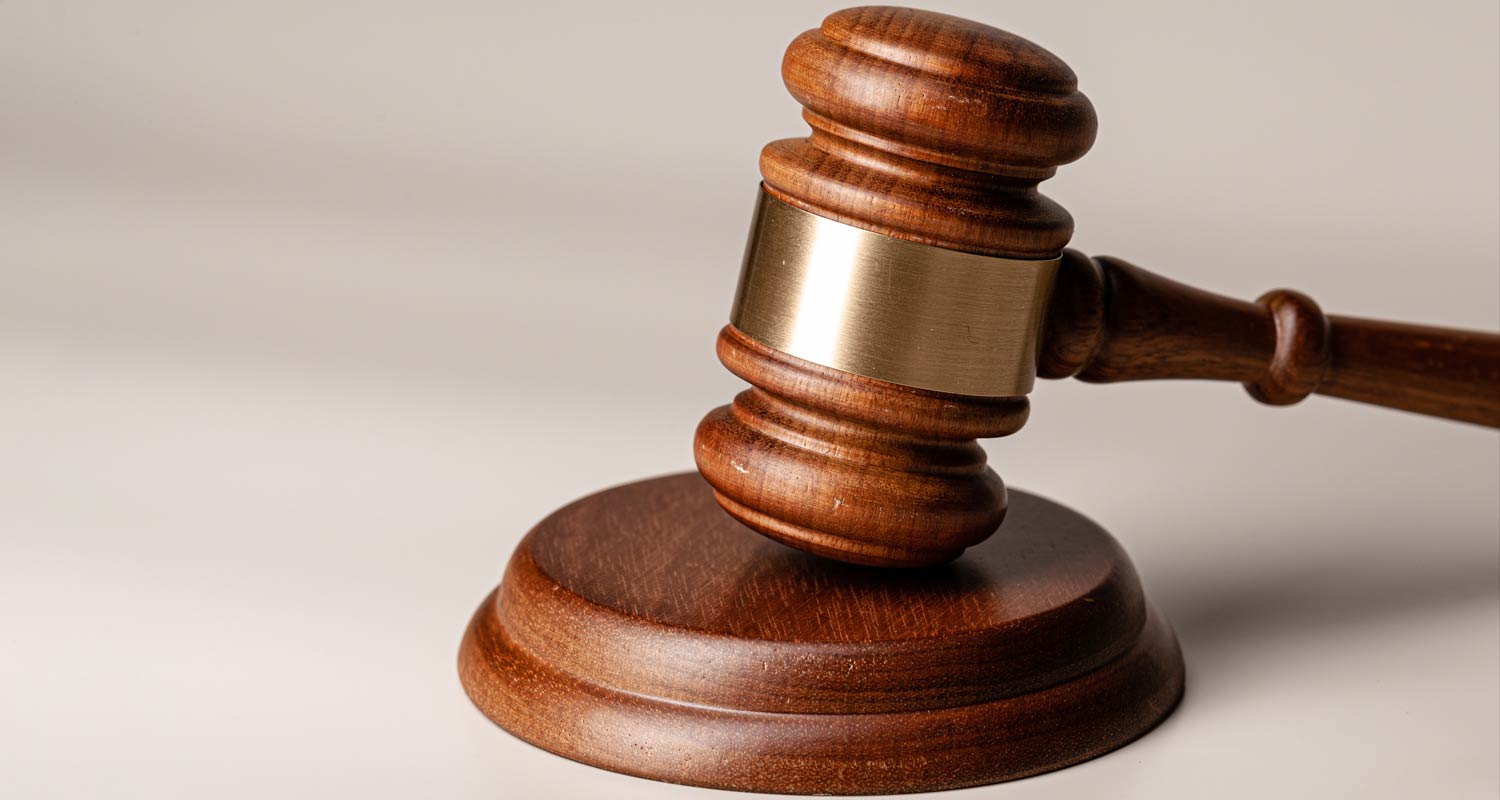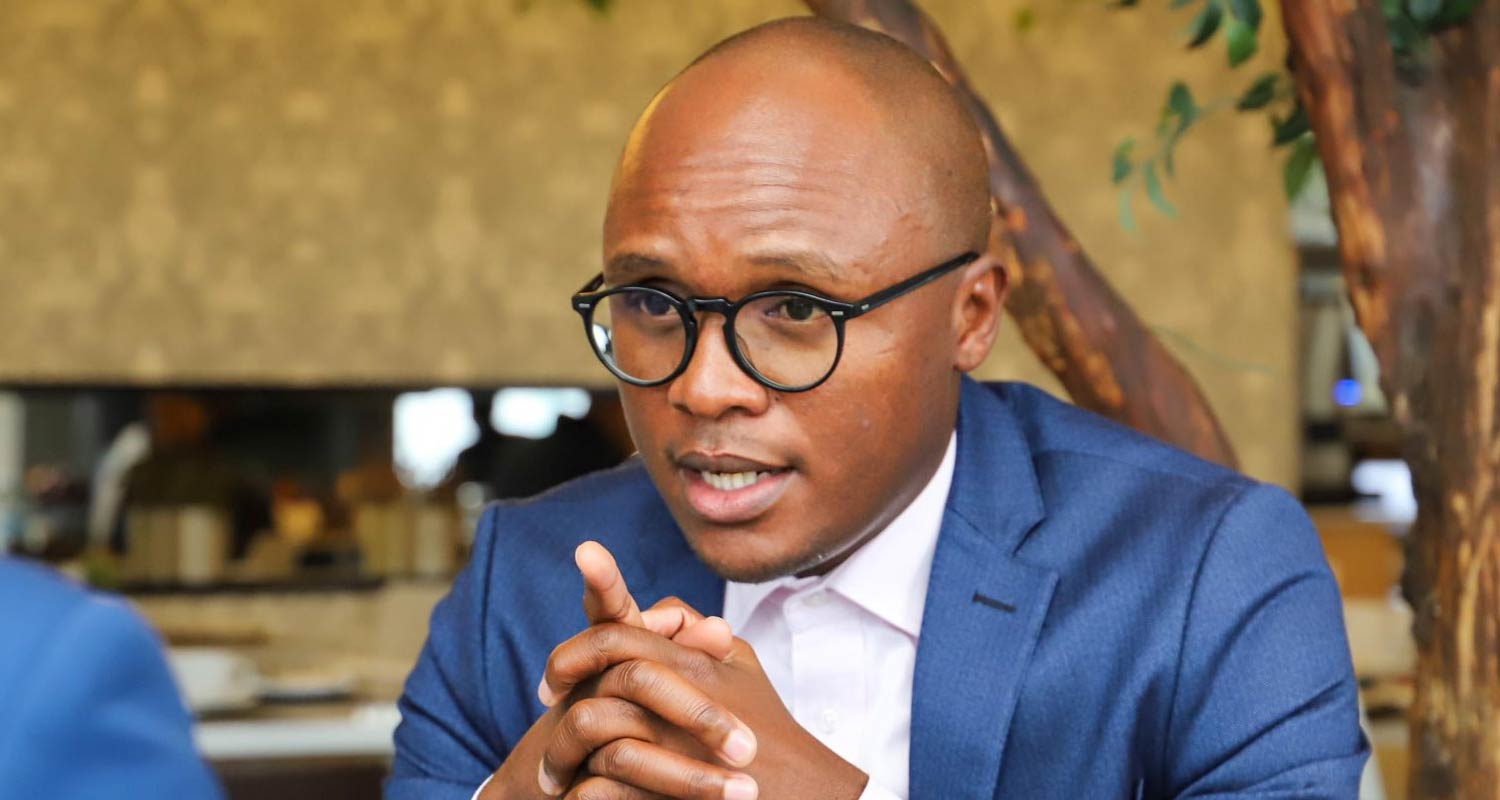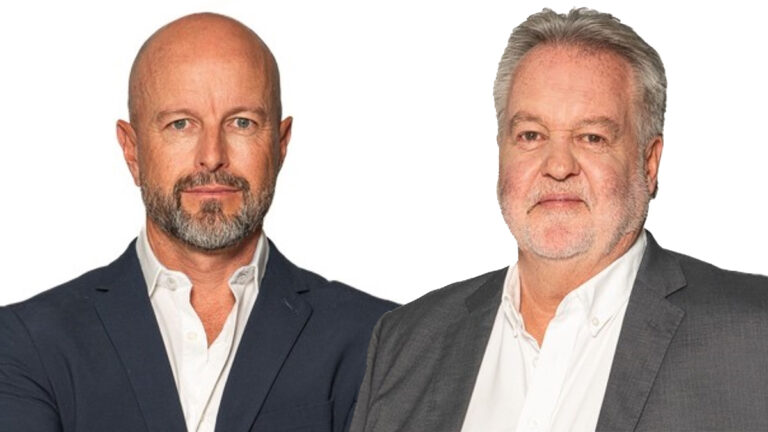The South African Police Service wants to obtain information on open-source intelligence and social media investigation and monitoring technologies.
National Treasury’s eTender Portal is roaring back, with over 650 advertisements posted on the site in the past week. For the ICT sector, however, the advertisers are mostly smaller municipalities, with state-owned entities stepping up to provide tenders of interest.
The South African Police Service (SAPS) easily grabs the headlines, however, with its request for information on open-source intelligence (OSINT) and social media investigation and monitoring technologies. This solution is required to support operational strategic components requirements, to ensure national safety and security as and when required, it says.
While no further background is provided, the SABC revealed in July last year that SAPS was launching a social media monitoring unit to track down criminals using online profiles. The initiative followed the 2021 unrest, which led to 350 deaths across KwaZulu-Natal and Gauteng, highlighting the need for closer scrutiny of online activities.
The extensive business requirements stipulated by the SAPS, however, demonstrate a focused approach to its intelligence-gathering efforts. Data collection is required to target social media platforms and applications, including news feeds, marketplaces and publications; as well as the open web, dark web, Telegram, paste sites, Discord and deep web. Any other sources exceeding these minimum requirements will be beneficial to bidders, it says.
In terms of search functionality, SAPS expects the OSINT to support the ability to conduct searches in public domain available data to analyse and support focused investigations with the use of specific keyword searches to assist in identification of trends. Search results should be expandable to provide the linkage across social media platforms.
This includes relationships between entities and persons; contact details and government-issued identification numbers; organisations and companies; property and vehicles; events and actions planned in public; and “secondary sources” such as queries on internet search engines, online databases, registries, news sites, and networks and internet infrastructure records.
As for analysis functionality, the supplied OSINT tool must be able to identify criminal markets of hot spots to initiate investigations. Additionally, an early warning capability is required regarding trends on social media and identifying people of interest in pre-sets of specific searches set up to constantly interrogate all databases and applications in the background to have immediate awareness and alerts to activities. This should include real-time threat identification and gathering of intelligence to support investigation.
While the OSINT tool must support anonymous safe date collection from all available sources, the audit trail of searched information must only be available to selected SAPS user profiles, must always be retained, and never shared with anyone except SAPS-selected users.
Further information can be found on the SAPS website.
Other tenders that make this week’s top 10:
- The Airports Company of South Africa calls on ServiceNow partners to bid for the renewal and procurement of licensing of the ITSM tool for 24 months. The company notes the final decision on which modules and licences are required will be made during its review process.
- The Department of Home Affairs wishes to appoint a service provider to manage the repositioning enterprise programme management office (EPMO) and provide project management and specialist services for 36 months. The department says the EPMO will play a critical role in providing project management and technical support for projects that contribute to its digital transformation agenda.
- Transnet is inviting proposals for the provision of redundancy and backup connectivity for 47 SD-WAN campus sites nationally. The company notes it relies heavily on its current SD-WAN infrastructure network to support critical business operations, including data exchange between multiple locations, access to cloud services, and communication with external stakeholders. However, the current SD-WAN design lacks redundancy, making it vulnerable to single points of failure and potential network outages.
- The Industrial Development Corporation is advertising for the provision of manufacturing execution system (MES) application redevelopment and the implementation of enhancements on behalf of Foskor. The company’s current MES system was implemented in 2007 and is mainly used for tracking production data and workflows, aggregating data for research or business intelligence purposes, as well as to ensure production operations are compliant with various standards and regulations. However, it has limitations in accurately specifying the product specifications for capturing and reporting purposes, among other requirements.
- The South African National Accreditation System (SANAS) is looking for a suitably qualified professional bidder for the provision and maintenance of a supply chain management system (SCM). Bidders must have access to a Sage value-added reseller to develop, implement and integrate the system with the SANAS SQL database engines, Sage Evolution V10 and National Treasury’s central supplier database.
- North West’s Department of Economic Development, Environment, Conservation and Tourism wishes to appoint an independent, professional and suitably qualified service provider to develop and maintain an integrated North West electronic biodiversity permit administration system for three years. The department notes the contract for the NIPAS system, shared with other provinces, lapsed at the end of the 2021/22 financial year, requiring it to appoint a service provider for maintenance and support of the system until 30 November 2024.
- The Department of Justice and Constitutional Development requires IT services from SITA’s RFB 1183/2022 transversal tender to capacitate the Integrated Justice System (IJS) transversal sub-programme, in order to deliver the key priorities for the integration of the Criminal Justice System. The primary objective of the IJS is to electronically enable and integrate the end-to-end criminal justice business processes through technology solutions and manage the related inter-departmental information exchanges across the CJS.
- The South African Broadcasting Corporation closes the issue with two requests for information. The first focuses on data classification, labelling systems and disclaimers on AI applications. The broadcaster explains that with growing data volumes, varied sources and increasing risks associated with sensitive information, the need for a robust solution to systematically classify, label and manage data has become paramount. “Furthermore, as AI applications become more integral to business operations, ensuring transparency and accountability through disclaimers is critical to maintaining ethical standards and regulatory compliance,” it says.
- The broadcaster also requires information on the replacement of Final Control Centre (FCC) playout servers. The FCC is responsible for the playout of content that comes from video entertainment, sport, news and sales departments with the aim of playing it on air on different platforms. There is currently an Ingest server, near-line storage server and three transmission (playout) servers, which ensure seamless transmission on content. However, this infrastructure is reaching its end of life and will soon be unsupported, placing FCC at risk of not fulfilling its mandate.
Airports Company of South Africa
ACSA is calling for the procurement and renewal of licensing for its ITSM tool, ServiceNow, for 24 months.
Tender no: COR7746/2025/RFP
Information: Anastacia Chellan, E-mail: Anastacia.chellan@airports.co.za
Closing date: 25 February 2025
Tags: Software, software licensing, IT service management, ITSM
Department of Home Affairs
The national department wishes to appoint a service provider to manage the repositioning EPMO, and provide project management and specialist services for 36 months.
Non-compulsory briefing: 31 January – Microsoft Teams, Link
Tender no: DHA03-2025
Information: Sihle Mthiyane, Tel: 012 406 4353, E-mail: sihle.mthiyane@dha.gov.za
Closing date: 14 February 2025
Tags: Services, professional services, enterprise programme management office, EPMO, project management
Transnet
Proposals are invited for the provision of redundancy and backup connectivity for SD-WAN traffic for three years, on an as and when required basis.
Non-compulsory briefing: 4 February – Microsoft Teams
Tender no: TCC/2024/09/0002/76777/RFP
Information: Barbara Msomi, Tel: 011 308 3703, E-mail: Barbara.msomi@transnet.net
Closing date: 24 February 2025
Tags: Telecommunications, networking, redundancy, backup, SD-WAN
Industrial Development Corporation of South Africa
The IDC is advertising for the provision of MES application redevelopment and implementation of enhancements for 36 months.
Compulsory briefing: 3 February – Microsoft Teams
Tender no: FOSRBY-RFP-29-24/25 (R)
Information: Nana Ndlovu, Tel: 035 902 3235, E-mail: NanaN@foskor.co.za
Closing date: 18 February 2025
Tags: Software, software development
South African Police Service
Bids are invited for the supply, installation, hosting, training, maintenance and support of an OSINT and social media investigation and monitoring technologies for five years.
Compulsory briefing: 30 January
Tender no: 19/1/9/1/13TR (24)
Information: Lt Col Mahlaule, Tel: 012 841 7852, E-mail: Mahlauleg@saps.gov.za
Closing date: 13 February 2025
Tags: Software, open-source, open-source intelligence, OSINT, social media, social media monitoring, analytics
South African National Accreditation System
A suitably qualified professional bidder is sought for the provision and maintenance of an SCM for a period not exceeding 36 months. The duration for the provision of the system must not exceed 12 months, followed by a maintenance period not exceeding 36 months.
Compulsory briefing: 31 January – Zoom, Link, Passcode: 776221
Tender no: SANAS/SCM/2024-25/08
Information: Zanele Ngwenya, Tel: 012 740 8535, E-mail: zanelen@sanas.co.za
Closing date: 13 February 2025
Tags: Software, supply chain management, SCM, services, support and maintenance
Department of Economic Development, Environment, Conservation and Tourism, North West
The provincial department is looking for a service provider to develop and maintain an integrated North West electronic biodiversity permit administration system for three years.
Non-compulsory briefing: 29 January
Tender no: DEDECT 03/2024
Information: Aobakwe Mabogole, Tel: 018 388 1618, E-mail: amabogole@nwpg.gov.za
Closing date: 12 February 2025
Tags: Software, software development, permitting
Department of Justice and Constitutional Development
The department requires IT services to capacitate the IJS transversal sub-programme to deliver the key priorities for the integration of the Criminal Justice System. Bidders must be accredited in SITA transversal contract RFB 1183/2022.
Compulsory briefing: 29 January – Virtual, Meeting ID: 318 028 174 339, Passcode: vB6yb7SN
Tender no: RFQ 08 2024
Information: SCM, Tel: 012 315 1187, E-mail: Sourcing@justice.gov.za
Closing date: 21 February 2025
Tags: Services, software development, skills resourcing
South African Broadcasting Corporation
The SABC is calling for information on data classification, labelling systems and disclaimers on AI applications.
Tender no: RFI NO: RFI/IT/2024/2
Information: Lebohang Tlale, Tel: 011 714 4644, E-mail: tenderqueries@sabc.co.za
Closing date: 19 February 2025
Tags: Software, artificial intelligence, data classification, labelling
The broadcaster also requires information on the replacement of FCC playout servers.
Tender no: RFI/HEN/2025/1
Information: Nombulelo, Tel: 011 714 4644, E-mail: tenderqueries@sabc.co.za
Closing date: 17 February 2025
Tags: Hardware, servers
 An emergency fund is the first step to financial wellness, and we should focus on having some liquidity for emergencies. If we have this safety net, we do not have to dip into our long-term investments when unexpected expenses arise. We also need savings for short-term goals and longer-term investments.
An emergency fund is the first step to financial wellness, and we should focus on having some liquidity for emergencies. If we have this safety net, we do not have to dip into our long-term investments when unexpected expenses arise. We also need savings for short-term goals and longer-term investments.

 There are various factors that contribute to people not knowing that they have unclaimed dividends owed to them.
There are various factors that contribute to people not knowing that they have unclaimed dividends owed to them.




 In their statement, the former executives provided detailed insight for the first time into how they plan to fight the judgment in the appeal court. TechCentral has republished this below (slightly edited for style and readability):
In their statement, the former executives provided detailed insight for the first time into how they plan to fight the judgment in the appeal court. TechCentral has republished this below (slightly edited for style and readability):




 This is not the first time that e.tv and eMedia have voiced concerns regarding the fallout that might follow the termination of analogue broadcasts in South Africa.
This is not the first time that e.tv and eMedia have voiced concerns regarding the fallout that might follow the termination of analogue broadcasts in South Africa.
